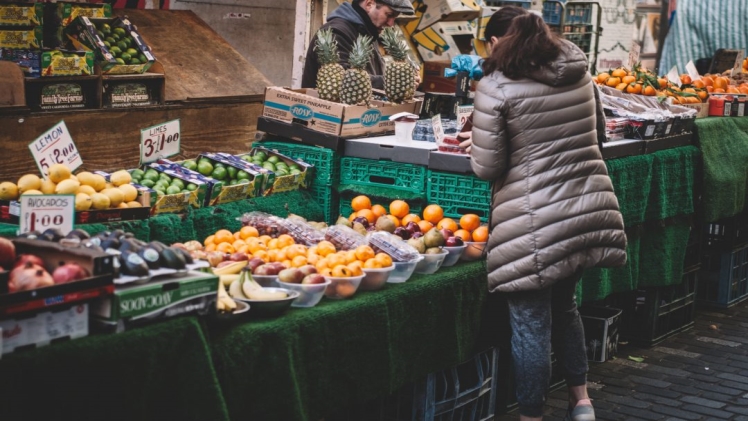Farmers markets are an excellent way to get fresh produce into your local community. They also provide a unique opportunity to meet other people who live in your area.
But there is risk involved in running a farmers market. If you run a farmers market, you should consider purchasing insurance to protect yourself against potential losses.
Here are three main reasons why you should purchase insurance for farmers markets:
1) You can reduce the risk of loss by protecting your inventory and equipment from theft or damage.
2) Your customers may be more likely to buy products at your farmers market if they know that their purchases will not result in financial hardship on them.
3) Insurance is required by law when selling food items at a farmers market.
What kind of insurance does a farmer need?
If you plan to sell any product at your farmers market, it’s important to understand what kinds of famers market liability insurance you might want to include in your policy. For example, some policies cover only physical property, while others offer liability protection as well. Here are examples of types of coverage available:
Visit The Site: mediafire
- Theft – This covers lost or stolen goods such as cash registers, computers, etc. It doesn’t cover personal belongings like clothing or jewellery.
- Fire -This protects your business premises, contents inside the building, and all tools used in connection with farming activities.
- Water Damage-Covers water damage caused by rain, snowmelt, flooding, leaks, plumbing problems, broken pipes, sprinkler systems, etc.
- Liability Protection-Protects you from lawsuits resulting from injuries sustained by patrons of your farmers market.
How much do I have to pay?
The cost of insuring your farm depends upon several factors, including how many claims you file each year, whether you insure multiple locations and the amount of money you spend on advertising. The average annual premium for commercial general liability insurance ranges between $300-$500 per month, depending on the size of your operation. However, this price varies considerably based on location, industry, and individual company practices. To find out more about costs associated with CGL insurance, visit our website at www.www.insuranks.com/farmers-market-insurance.
Cheapest farmers market insurance
There are two ways to save money on farmers market insurance. First, shop around for different companies before making a final decision. Second, make sure that you compare apples to apples rather than comparing apples to oranges. When shopping for farmers market insurance, look for discounts offered by reputable insurers. Some carriers give discounts to those businesses which participate in certain programs. Also, ask about special offers and promotions. Finally, don’t forget to check the fine print! Many policies contain exclusions and limitations that could affect your ability to recover damages after an accident occurs.
Farmers Market Safety Tips
There are many things you can do to help ensure safety at your farmers market. These tips apply to both vendors and shoppers alike:
- Always wear proper footwear.
- Be aware of traffic patterns so that you aren’t blocking pedestrian access. • Keep children under age 12 away from produce stands.
- Make sure there is adequate lighting where people congregate.
- Have someone watch over unattended merchandise.
- If possible, use a cart instead of carrying heavy loads.
- Don’t leave anything valuable lying around.
- Avoid walking through parking lots alone.
Tips to keep in mind before you start selling at farmers markets.
Farmers markets are popping up everywhere. They offer fresh produce at affordable prices. However, there are risks involved with selling at farmers markets. Here are some tips to keep in mind before you start selling at farmers markets.
If you want to sell at farmers markets, here are some tips to keep you safe and profitable.
1) Get Farmers Insurance
You need coverage if you plan to sell at farmers markets. You should get general commercial liability, property, auto, workers compensation, and umbrella insurance. Your policy will cover any losses due to theft or vandalism as well as legal fees incurred during the litigation. It also covers product recalls and product defects. In addition, it protects against personal injury suits arising from accidents involving customers while they are visiting your stand.
2) Register With USDA
To be eligible to receive federal funding, you must register with the U.S Department of Agriculture. This process takes only minutes and helps protect consumers who buy food directly from producers
Read More About: mywikinews

